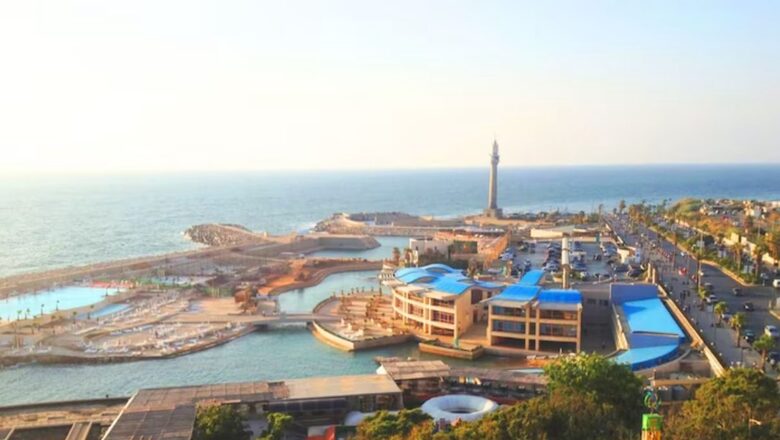
views
Beirut, the capital of Lebanon, has recently made headlines due to Israeli Prime Minister Benjamin Netanyahu’s warning of consequences if Hezbollah, the Lebanese militant group, opens a second front against Israel. The city has a history of conflict, notably facing an Israeli attack on its airport in 1968. Despite its tumultuous past, Beirut harbours lesser-known facts that may surprise you.
As one of the world’s oldest cities, Beirut boasts a history dating back around 5,000 years. From the sixteenth century until 1918, it was governed by the Ottoman Empire, and today, it stands as a global city, joining the ranks of other ancient towns like Jericho, Jerusalem, and Damascus.
The name Beirut carries multiple meanings. In the Canaanite dialect, it translates to waterfall. The word holds significance in Hebrew as well, with some attributing its etymology to the root word “be’erot,” meaning best. Originally recorded in Akkadian cuneiform tablets of the Amarna letters in the fourteenth century BC, King Rib-Hadda of Byblos also mentioned Biruta in his dispatches from Amarna.
Dubbed the Paris of the Middle East in its heyday, Beirut was celebrated for its rich culture, architecture, food, and lifestyle. The city thrived with art exhibitions, plays, and poetry seminars, showcasing a vibrant and dynamic cultural scene.
Renowned for its wine, Beirut is home to the celebrated red wines of Château Mussar, appreciated globally. The brand has upheld a tradition of presenting the world with top-tier wine for generations. Notably, the climate in the region allows grapes to ripen naturally, without the use of chemicals, making them among the healthiest.
At the heart of Beirut lies Hamra Street, a bustling thoroughfare adorned with numerous restaurants, cafes, bookstores, jewellery shops, and stores selling Lebanese handicrafts. Once considered the ‘Paris of the Middle East,’ Beirut still maintains a lively nightlife, further contributing to its dynamic and eclectic atmosphere.
Amid the geopolitical tensions, Beirut’s multifaceted history and cultural richness continue to captivate, offering a glimpse into the resilience and diversity of this ancient city.



















Comments
0 comment